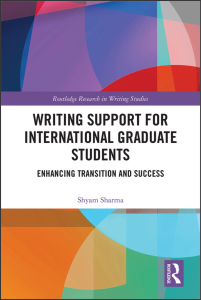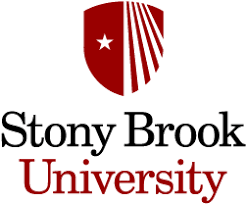Diaspora scholars shouldn’t use criticism as a default position in scholarly conversations, especially if the larger objective is to develop better understanding of issues, create more opportunities for contribution, and foster relationships between scholars/institutions in and outside Nepal.
Earlier this summer, an august group of Nepali scholars from across North America had gathered in Toronto, Canada, for a conference focusing on higher education in Nepal. The presentations were diverse, the conversations rich, many stories about long-term commitment and significant achievements of Nepali scholars and experts quite inspiring to listen to. I was delighted to read positive reviews of the conference and profiles of diaspora experts in the days and weeks that followed. I cannot overstate the importance of networking and sharing of ideas among Nepali diaspora scholars in a major world region where there are some great universities. The diaspora Nepali community must be lauded for organizing such events. And I am excited to learn that more academically focused conferences are taking place among Nepali diaspora scholars, including conferences at home that bring local and outside experts together. Continue reading







